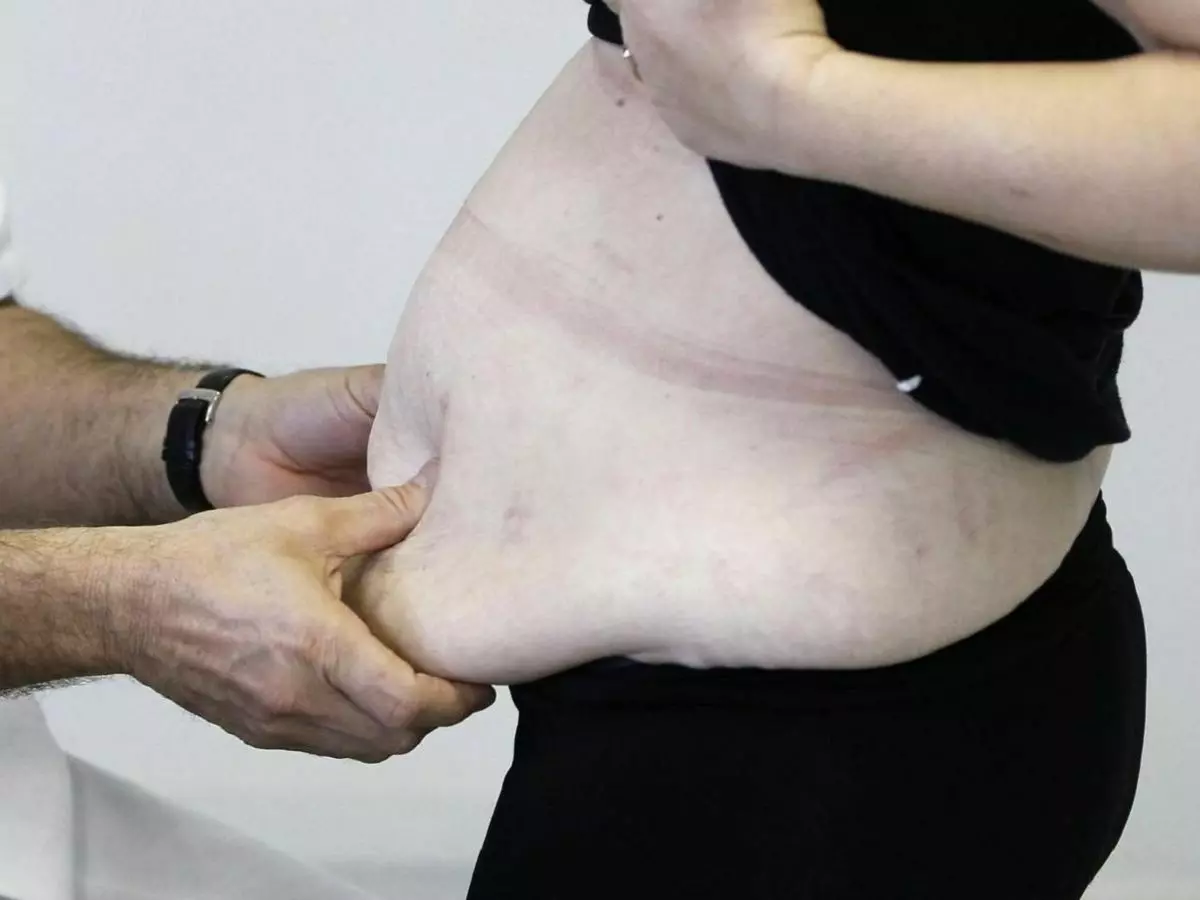Scientists Can Now Tweak Gene That Makes Us Fat And Ugly, So We All Look Like Sexy Supermodels
Obesity isn¡¯t just a problem of unhealthy diets, but in most cases it¡¯s compounded by the genes a person inherits. Sometimes, these genes can make a person more likely to gain weight, and scientists now believe they now know how to stop that.

Obesity isn't just a problem of unhealthy diets, but in most cases it's compounded by the genes a person inherits.
Sometimes, these genes can make a person more likely to gain weight, and scientists at Cambridge University believe they now know how to stop it.

Images courtesy: Reuters
In a massive study focused on the UK, the researchers believe they've discovered genetic mutations that protect them from obesity and other related symptoms. And with this knowledge, it could lead to new more effective weight-loss medications in the future
"A powerful emerging concept is that genetic variants that protect against disease can be used as models for the development of medicines that are more effective and safer," researcher Luca Lotta said in a news release.
In the published study, the team explains how it analysed the MC4R gene in about half a million volunteers that participated in the UK Biobank study. We already knew this gene plays a role in regulating a person's weight, but the latest research found 61 variants of it with different mutations.
Apparently, some of these variants help their owners avoid becoming obese. Others help protecting against the symptoms of obesity, like Type 2 Diabetes and heart disease. The gene variants they pinpointed control a receptor in the brain for a protein called melanocortin 4, which regulates weight gain. People with genetic variants that disrupt this receptor tend to gain weight easily. Similarly, others with variants that cause this receptor to stay active all the time, usually don't put on weight regardless of their eating habits and lifestyles.

More than anything, this study proves that it's wrong to blame every obese person for their condition, as it's genetic. Some people just have the natural tools to protect themselves from it.
Additionally, though, the findings could also help researchers develop a drug that could influence a person's melanocortin 4 receptor to activate. That way, an obese person's weight-loss chemistry can be kickstarted into action, to help them lose weight and get healthier.
